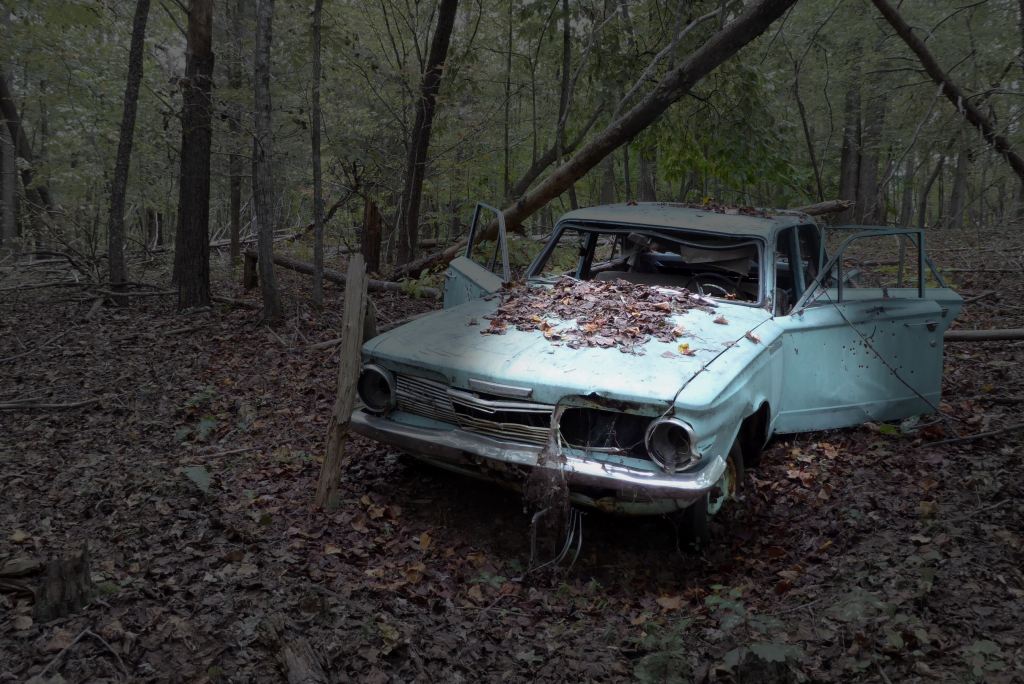
Hospice began as a radical social movement for the purpose of caring for dying cancer patients. The philosophy has spread to many areas of the world and hospice has become institutionalised in many countries. Hospice has become part of mainstream healthcare with all the benefits and drawbacks that come with it. It has come at a cost. Hospices seem to have lost their mojo, their drive to be agents of change. They have become maintainers of not the status quo but of the stasis quo. We don’t want to change at all, some staff and volunteers may in fact wish for the good old days. When the services were small, the patient selection criteria were restricted, and life was simpler.
Has the hospice movement ground to a halt? Does the philosophy behind it need to be reassessed and redesigned? Are we brave enough to accept that we are not the experts on everything? Our populations are ageing and there will be more elderly people around than ever before. There will be more people with dementia and end-stage frailty who will need palliative care input. A huge amount of need requires our urgent attention. Our care will need to be truly patient-centric, even if the patients are unable to thank you for the care provided. We need to be reminded that we work in healthcare to help people. Our jobs exist because of patients. We need to remember it is not the other way around.
What can we do to resuscitate the hospice movement? Fresh ideas, reaching out to other groups and asking the consumers what they want. Co-design of our services needs to be done more than tokenistically. It’s time to come down off our pedestals and mix with the hoi polloi, time to get in touch with reality. Welcome back to the rest of the world. Time to wake up from our dreams and ground ourselves in practicality. We are not that special. What can one person do? Open your mind to new ideas. Listen to what your patients actually want. Remind yourself what a privilege it is to be involved in their lives. It’s not about you, it’s about them. It’s their life. What’s next?
